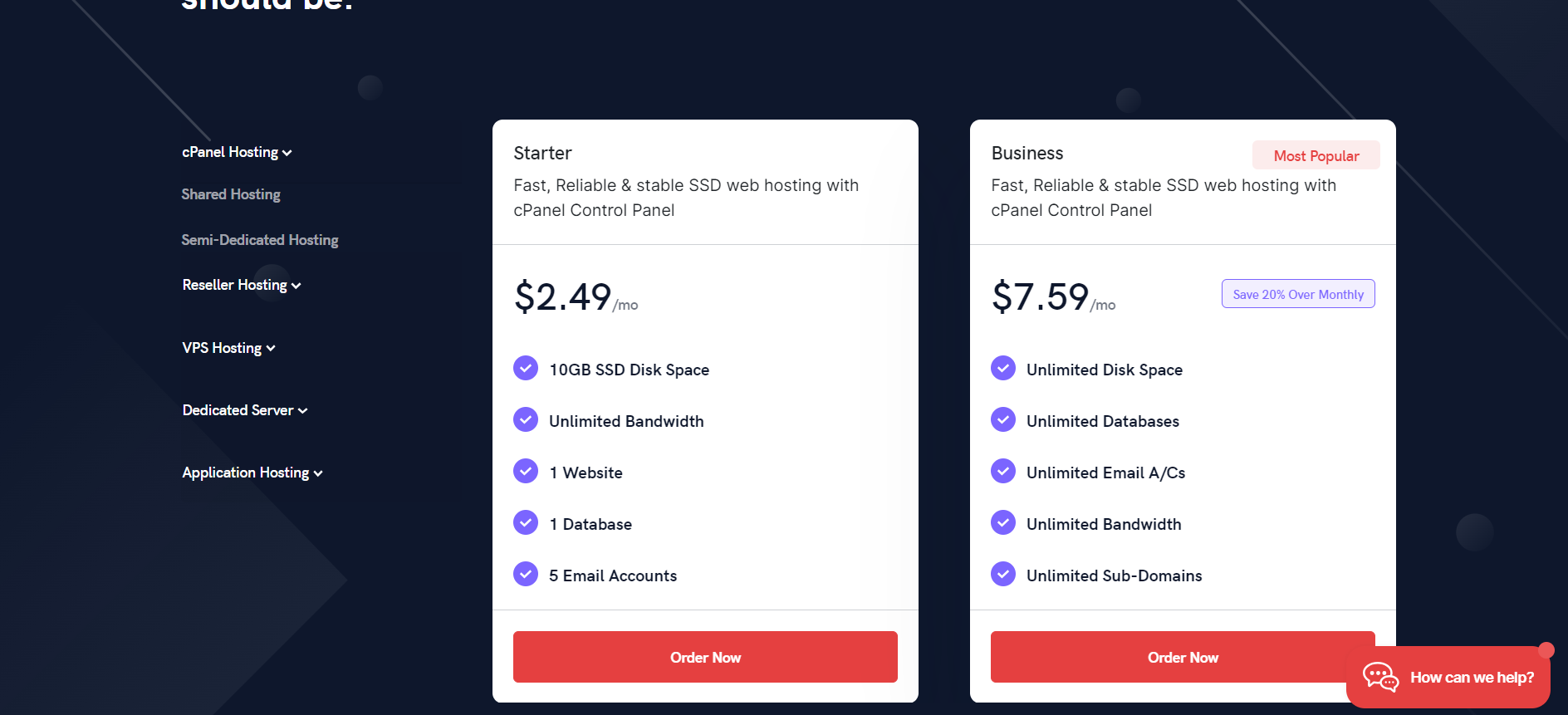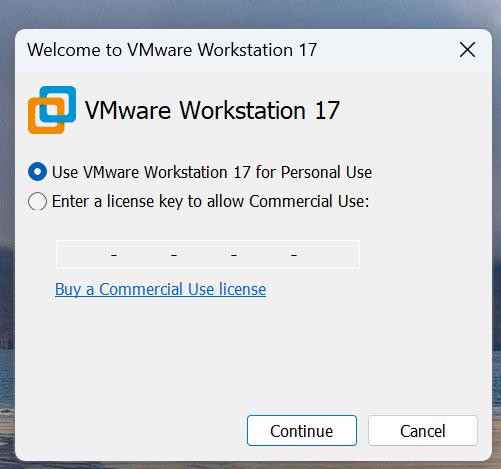The web hosting business is a lucrative venture due to the ever-growing demand for websites and online services. With every business, blog, and personal project needing a web presence, the need for reliable hosting services continues to rise. This guide will walk you through the significance of the web hosting industry and provide a detailed step-by-step process on how to start your own web hosting business.
Significance of the Web Hosting Business
The web hosting business holds significant importance in the digital age, driven by the ubiquitous need for online presence and services. Here are the key reasons why web hosting is a crucial and valuable industry:
1. Foundational Internet Infrastructure
Web hosting services are the backbone of the internet, providing the necessary infrastructure for websites and online applications to operate. Without hosting services, websites would not be accessible to users, making web hosting fundamental to the functioning of the web.
2. Growing Demand for Online Presence
As more businesses, individuals, and organizations recognize the importance of having an online presence, the demand for web hosting services continues to grow. This includes e-commerce websites, blogs, social networks, forums, and more. The proliferation of websites drives a constant need for reliable hosting solutions.
3. Recurring Revenue Model
Web hosting typically operates on a subscription-based model, with customers paying monthly or annually for hosting services. This recurring revenue stream provides a stable and predictable income for hosting businesses, making it financially attractive.
4. Scalability
The web hosting business is highly scalable. Entrepreneurs can start small, perhaps as resellers, and expand their operations as their client base grows. The ability to scale up by adding more servers or upgrading infrastructure allows hosting businesses to grow in step with demand.
5. Technological Advancements
Advancements in technology, such as cloud computing, virtualization, and enhanced security protocols, have significantly improved web hosting services. These innovations provide opportunities for hosting businesses to offer more efficient, secure, and high-performing solutions, attracting a wider range of customers.
Methods to Start a Web Hosting Business
There are several methods to start a web hosting business. Here, we will focus on the most common approaches: reseller hosting, dedicated servers, and VPS hosting.
Reseller Hosting
Reseller hosting is an excellent entry point for beginners. You purchase hosting services from a larger provider and resell them to your own customers under your own brand.
Steps to Start a Reseller Hosting Business:
Research and Choose a Reseller Hosting Provider (Host4Geeks):
- Go for Host4Geeks that offers reliable service, good support, and scalability.
- Compare pricing and features of various reseller plans.
Purchase a Reseller Hosting Plan:
- Choose a plan that fits your budget and anticipated customer base.
- Ensure the plan includes a control panel, billing software, and white-label branding options.

Set Up Your Hosting Packages:
- Create different hosting packages tailored to various customer needs.
- Set competitive pricing for your packages.
Build a Website:
- Develop a professional website to showcase your hosting services.
- Include a client area for account management and support.
Marketing and Promotion:
- Utilize SEO, social media, and online advertising to attract customers.
- Offer introductory discounts or promotions to new customers.
Provide Excellent Support:
- Ensure you have a robust support system in place.
- Offer 24/7 customer support if possible.
Dedicated Servers
Dedicated hosting server involves leasing entire servers to customers. This method requires more technical expertise and a higher initial investment.
Steps to Start a Dedicated Server Hosting Business:
Set Up Your Infrastructure:
- Acquire powerful servers and establish a data center or rent space in an existing one.
- Ensure high-speed internet connectivity and robust security measures.
Configure Servers:
- Set up server hardware and install necessary software.
- Configure servers for various hosting needs, such as web hosting, email hosting, and database hosting.
Develop Hosting Packages:
- Create packages based on server specifications (CPU, RAM, storage).
- Offer customization options for clients.
Launch Your Website:
- Build a website to market your dedicated server hosting services.
- Include detailed information on server specifications and pricing.
Marketing and Sales:
- Target businesses that require high-performance hosting solutions.
- Use targeted advertising, partnerships, and direct sales strategies.
Customer Support and Maintenance:
- Provide technical support and server maintenance.
- Offer managed services for clients who need hands-on management.

VPS Hosting
Virtual Private Server (VPS) hosting offers a middle ground between shared and dedicated hosting. It involves partitioning a physical server into multiple virtual servers.
Steps to Start a VPS Hosting Business:
Acquire VPS Software:
- Purchase or lease VPS software like VMware, Virtuozzo, or OpenVZ.
- Ensure your physical server is powerful enough to support multiple virtual servers.
Set Up VPS Infrastructure:
- Configure the physical server and install the VPS software.
- Create virtual servers and allocate resources (CPU, RAM, storage) to each.

Create Hosting Packages:
- Design packages based on resource allocation.
- Provide flexible options for upgrading or downgrading plans.
Develop Your Website:
- Create a website to promote your VPS hosting services.
- Include detailed package descriptions and pricing.
Marketing and Acquisition:
- Market your VPS hosting to businesses needing scalable solutions.
- Use content marketing, PPC ads, and affiliate marketing to attract customers.
Provide Comprehensive Support:
- Offer technical support and regular maintenance.
- Provide tutorials and knowledge base articles to assist clients.
Conclusion
Starting a web hosting business requires careful planning, investment, and ongoing management. Whether you choose reseller hosting, dedicated servers, or VPS hosting, focus on providing reliable service, excellent customer support, and effective marketing to grow your business. As the demand for web hosting continues to rise, there are ample opportunities for success in this dynamic industry.

